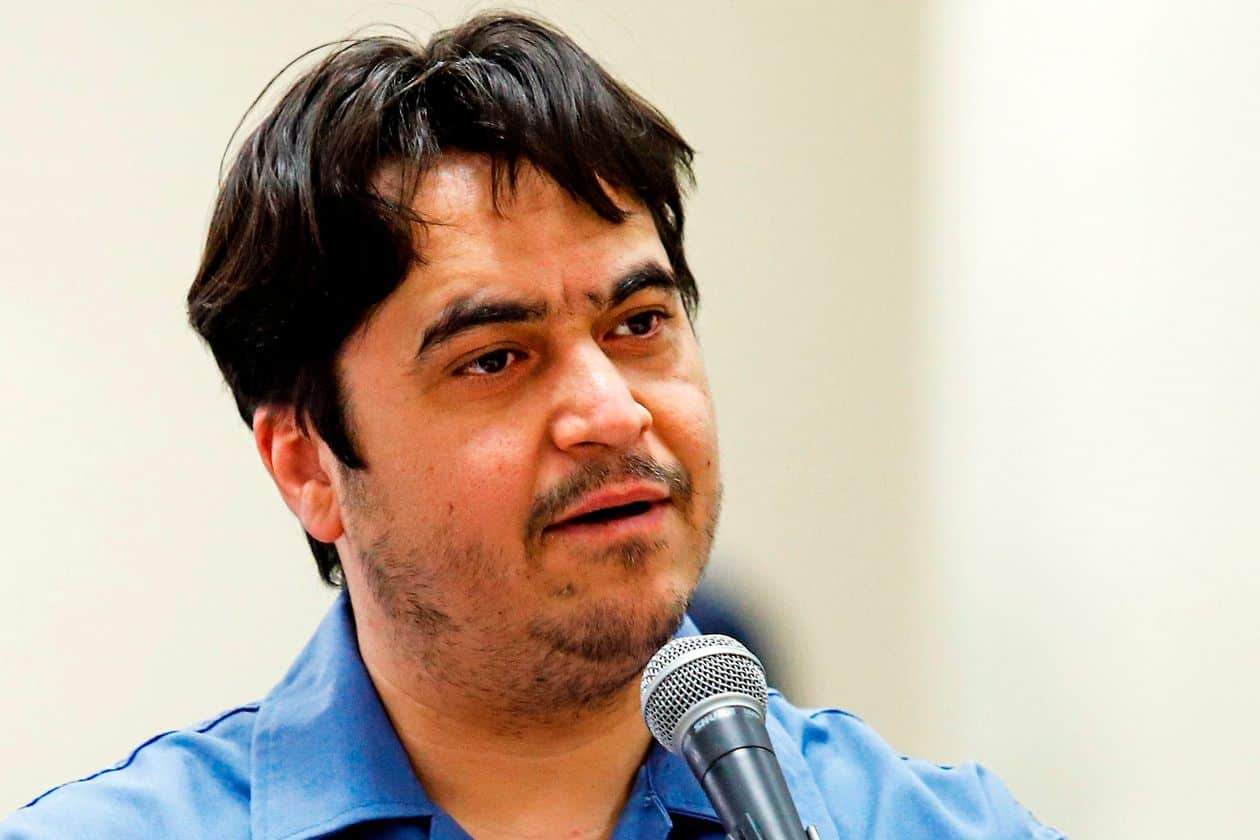Iran’s Execution of Dissident Journalist Threatens Push for Diplomacy With Europe

Iran’s execution on Saturday of a dissident journalist has strained Tehran’s relationship with Europe at a time when the presidential transition in the U.S. has raised expectations of a diplomatic opening between Iran and the West.
The Iranian Foreign Ministry on Sunday summoned the German and French ambassadors after the European Union condemned the execution of journalist Ruhollah Zam, who was sentenced to death for inciting antigovernment protests in 2017.
The foreign ministry criticized the European statements as an unacceptable interference in domestic Iranian affairs, according to the IRNA state news agency.
The rift is the second serious setback in less than two weeks to diplomacy between Iran and Europe ahead of an expected rethink of U.S. sanctions policy against Tehran by the incoming administration of President-elect Joe Biden.
In early December, hard-line Iranian lawmakers pushed through a law that orders the country to ramp up nuclear enrichment—in what would be its most serious breach of the 2015 nuclear deal—and limit access to United Nations nuclear inspectors if sanctions aren’t lifted by February.
If put into action, the law would jeopardize efforts between the EU and Iranian President Hassan Rouhani’s government, which opposed the bill, to salvage the 2015 agreement, which was designed to limit and monitor Iran’s nuclear activity in return for sanctions relief. The accord has been on life-support since President Trump withdrew from it in 2018 and reimposed strict sanctions on Tehran.
Amid the fallout over Mr. Zam’s execution, the Europe-Iran Business Forum canceled a three-day virtual conference scheduled to start Monday, which was funded by the EU and convened by the International Trade Center and the Trade Promotion Organization for Iran.
The French and German ambassadors who were summoned by the Iranian Foreign Ministry were both slated to speak at the conference.
The execution of Mr. Zam showed the willingness of Iranian authorities to defy international opposition in its suppression of the country’s media and opposition activists, and demonstrated the reach of its intelligence services beyond the country’s borders.
Mr. Zam, who had been living in France since 2011, ran a popular news channel called Amad News on the Telegram messaging platform which he used to share news and logistics involving antigovernment unrest in Iran in 2017, amid efforts by government security forces to suppress it.
Mr. Zam was lured in 2019 to Iraq, where he was captured by the Revolutionary Guard, Iran’s prime security force tasked with defending the state against foreign enemies as well as domestic opposition.
The son of a prominent pro-establishment cleric, Mr. Zam had his first serious run-in with Iranian authorities during the Green Movement protests in 2009 when he was arrested. After his release, he fled the country and later settled in France.
Mr. Zam was tried this year in Tehran’s Revolutionary Court, accused of “corruption on earth,” a charge often slapped on opposition activists allegedly working to overthrow the system. The court sentenced him to death in June and confirmed his sentence last month, judiciary spokesman Gholamhossein Esmaili said on Tuesday.
France on Saturday condemned the execution of Mr. Zam as a “barbaric and unacceptable act.” Germany said it was horrified by the execution and by the way Mr. Zam had been abducted in Iraq.
Responding to the criticism, Iran’s Revolutionary Court on Sunday said Mr. Zam had confessed his crime.
Mohammad Ali Zam, the executed journalist’s father, said on Instagram that his son had been led to believe that he would be released in a prisoner exchange and that his confessions were false.
Photo: Ruhollah Zam at his trial in June at Iran's Revolutionary Court in Tehran. - ALI SHIRBAND/MIZAN NEWS AGENCY/AGENCE FRANCE-PRESSE/GETTY IMAGES
Link: https://www.wsj.com/articles/irans-execution-of-dissident-journalist-threatens-push-for-diplomacy-with-europe-11607891793











